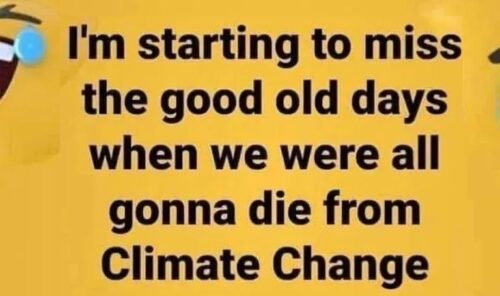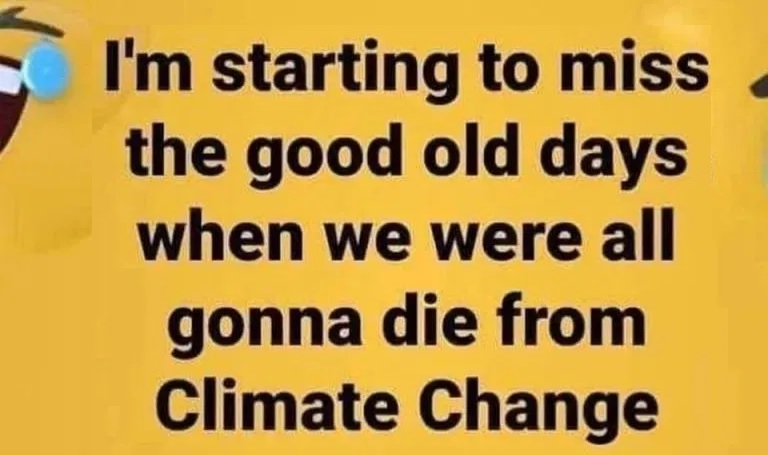| By Dan Mitchell |

One of my traditions, which started in 2013, is to share the year’s best and worst policy outcomes of the past 365 days.
For instance, last year I celebrated Boris Johnson’s landslide victory in the United Kingdom and also was very happy that Colorado voters preserved TABOR. But I bemoaned Trump’s protectionism and fretted about the ever-rising burden of government spending.
So what can we say about 2020?
The big news of the year was the pandemic, of course, but my best-and-worst list focuses on public policy.
In other words, this column will highlight the positive or negative actions of politicians (or voters) rather than the vindictiveness of Mother Nature.
So let’s look at major developments in 2020, and we’ll start with the good news.
Illinois voters preserve the flat tax – The only good feature of Illinois fiscal policy is that the state’s constitution mandates a flat tax. The big spenders in Springfield despise that policy, but they can’t get rid of it without permission from voters. So, led by the state’s hypocritical governor, they put an initiative on the ballot to allow discriminatory tax rates. Fortunately, the people of Illinois rejected the class-warfare measure by a comfortable 53.3 percent-46.7 percent margin.
An acceptable Brexit deal – The people of the United Kingdom wisely voted to leave the European Union back in 2016, but a genuine escape from Brussels did not seem likely until Boris Johnson’s landslide victory in 2019. Even then, it wasn’t clear that the European Union’s spiteful officials would agree to unfettered trade in a post-Brexit environment. Fortunately, there is now an agreement that – while far from perfect – does allow the U.K. to escape the sinking ship of the E.U.
Voters reject the War on Drugs – I’ve never liked drugs and I recognize that there will be social harms with legalization. That being said, the social harm from prohibition is much greater, so I’m pleased that voters all over the nation approved ballot initiatives to give people more freedom to get high.
Now for the bad news of 2020.
Washington’s bungled response to the pandemic – As indicated above, the existence of the coronavirus doesn’t count as bad policy, but the federal government’s incompetent response certainly belongs on this list. We learned, over and over and over and overagain, that bloated bureaucracies do not deliver good results. Heck, we’re still learningthat lesson.
China clamps down on Hong Kong – As a long-time admirer of Hong Kong’s market-driven economic vitality, I’m saddened that China is increasing its control. So far, Beijing is focusing on ways of restricting Hong Kong’s political autonomy, but I fear it is just a matter of time before economic freedom is negatively impacted. For what it’s worth, I’m also distressed that economic policy seems to be moving in the wrong direction in Mainland China as well.
Chilean voters put the nation’s prosperity at risk – One of the world’s biggest success stories during my lifetime has been Chile’s shift from authoritarian statism to capitalist prosperity. Poverty has dramatically declined and Chile is now the richest nation in Latin America. Sadly, voters approved an initiative that could result in a new constitution based on the welfare state vision of “positive rights.”
I’ll close with a bonus section, so to speak.
2020 election – If you care about trade and spending, then Biden’s victory may turn out to be good news. If you care about taxes and red tape, then Biden’s victory may turn out to be bad news.
But I thought the biggest election takeaway is that the left did not do well in congressional races or state races.
And I suppose I should add that it’s good news that Democratic voters ultimately opted not to nominate some of the awful politicians who ran for president, most notably Bernie Sanders and Elizabeth Warren.
And I’m tempted to add that they also wisely rejected Kamala Harris, but that backfired since she’s now going to be a heartbeat away from the presidency.

P.S. I’ve already cited my 2013 and 2019 editions. If you’re curious, here are my best and worst for 2018, 2017, 2016, 2015, and 2014.
Daniel J. Mitchell is a public policy economist in Washington. He’s been a Senior Fellow at the Cato Institute, a Senior Fellow at the Heritage Foundation, an economist for Senator Bob Packwood and the Senate Finance Committee, and a Director of Tax and Budget Policy at Citizens for a Sound Economy. His articles can be found in such publications as the Wall Street Journal, New York Times, Investor’s Business Daily, and Washington Times. Mitchell holds bachelor’s and master’s degrees in economics from the University of Georgia and a Ph.D. in economics from George Mason University. Original article can be viewed here.
Self-Reliance Central publishes a variety of perspectives. Nothing written here is to be construed as representing the views of SRC.

